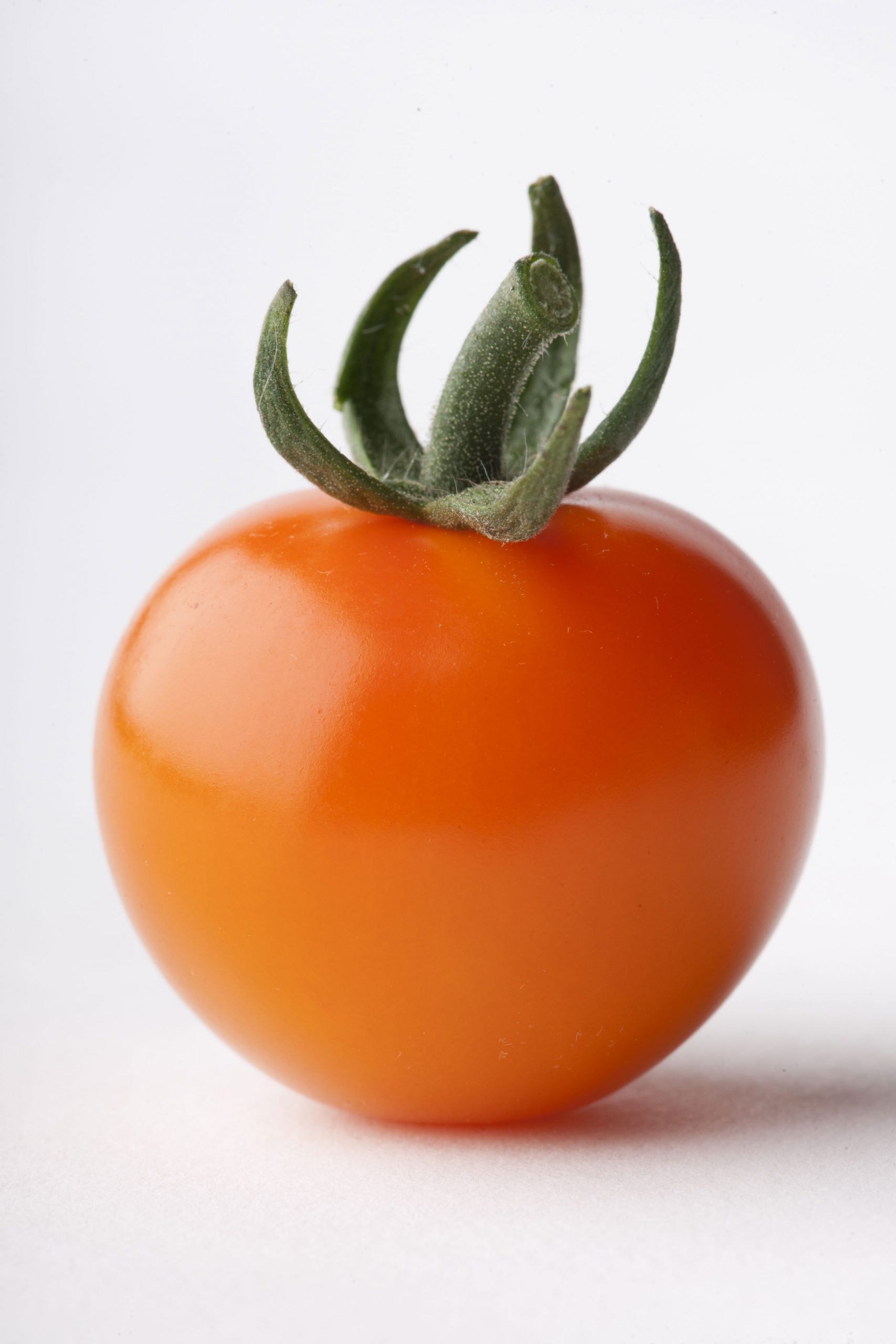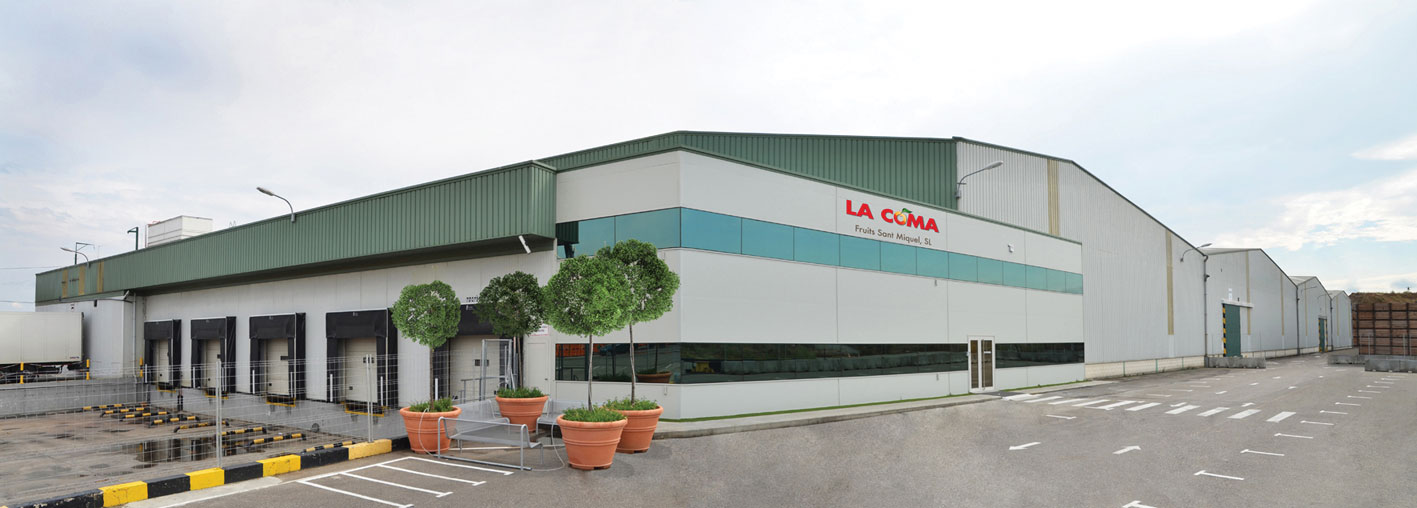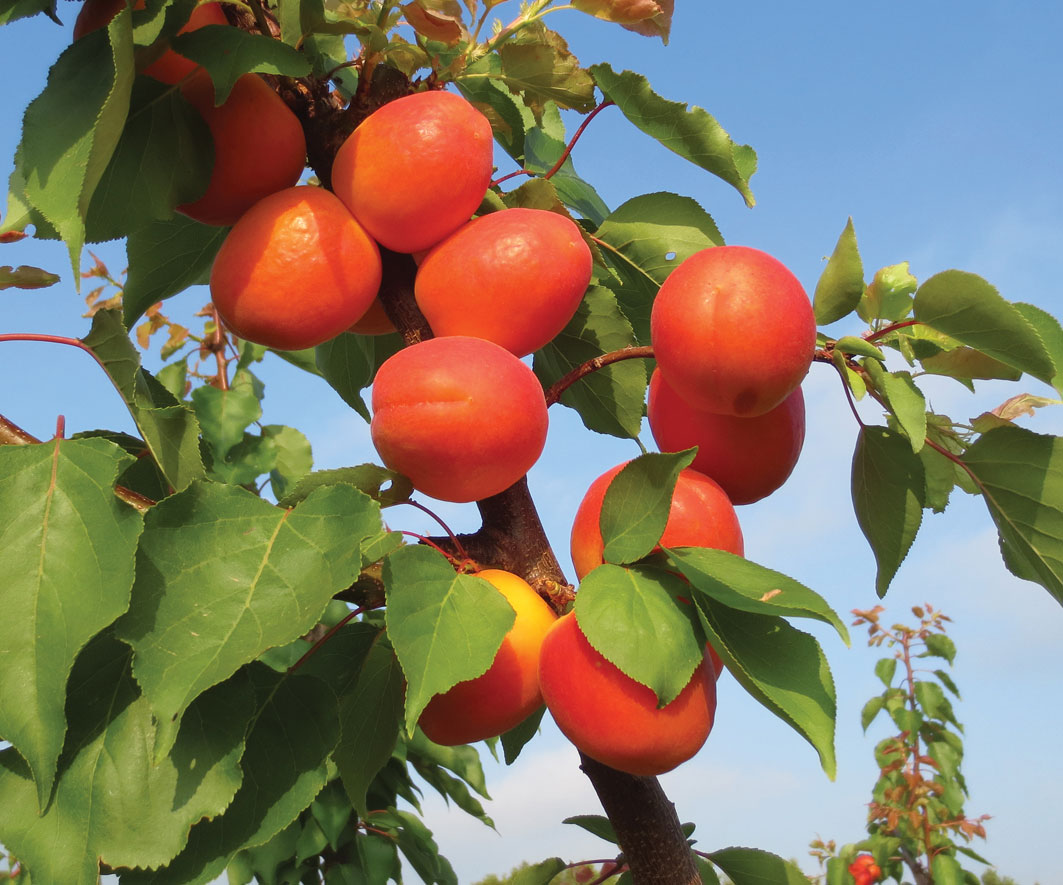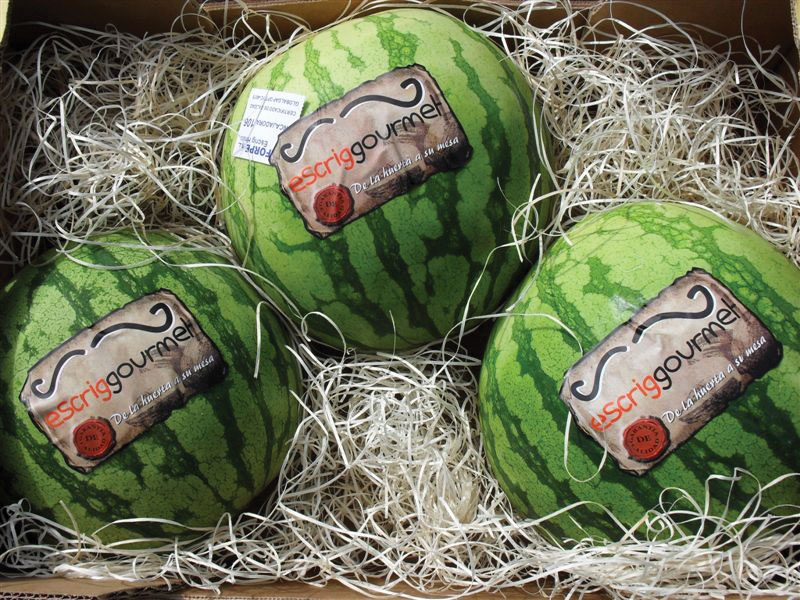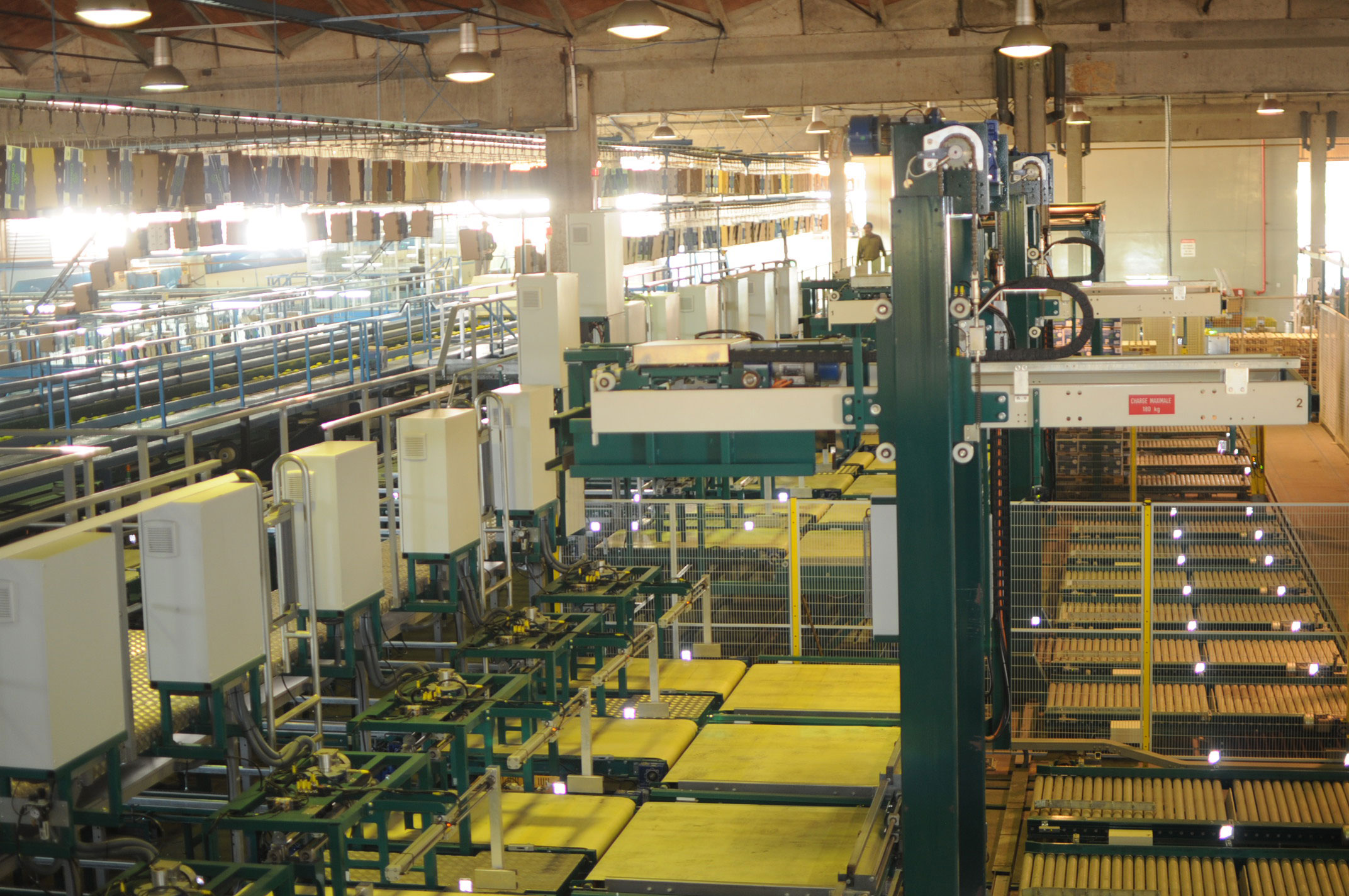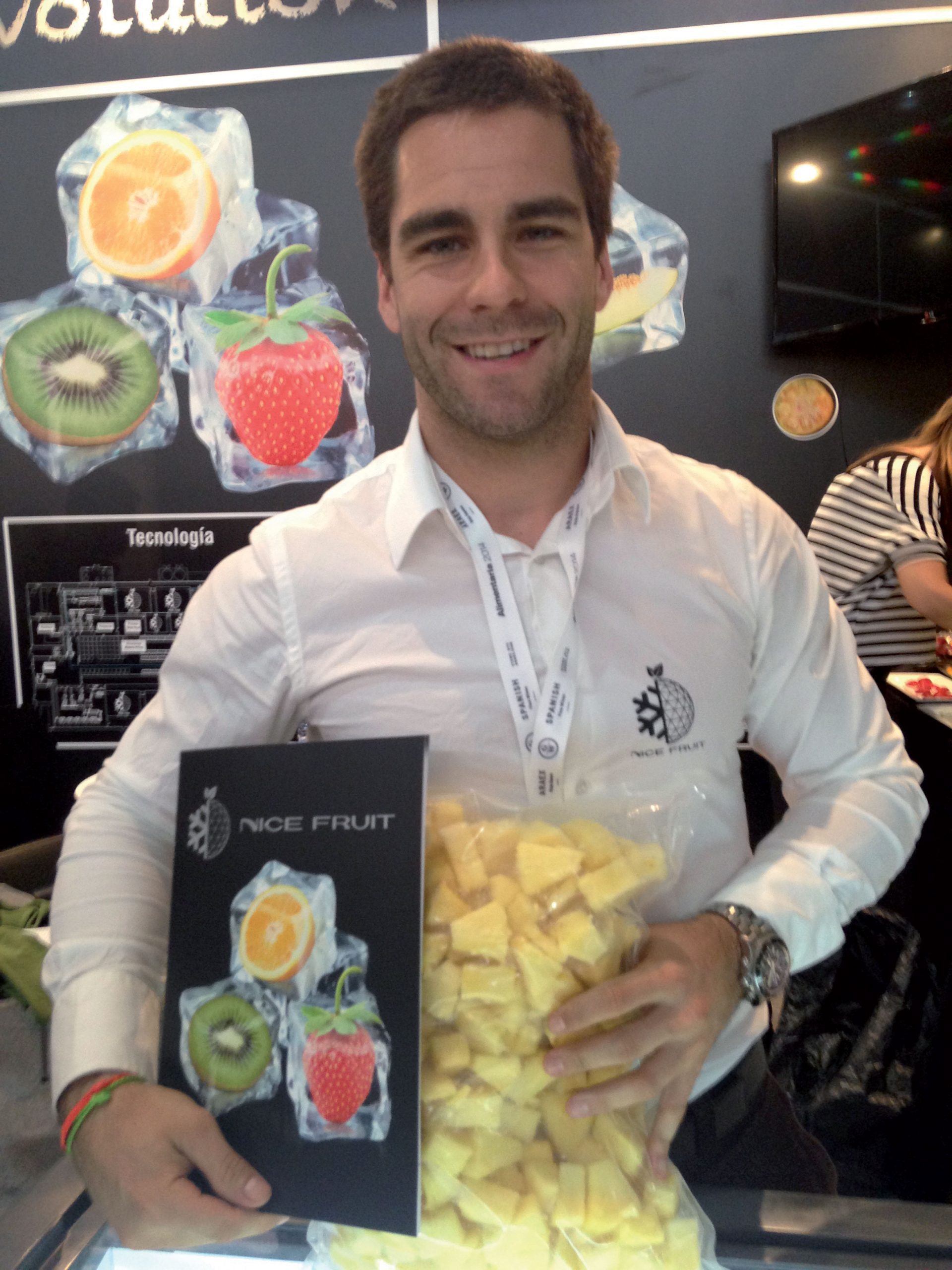Horti Asia 2014 is the international platform for horticultural improvements in the region
Horti Asia 2014, the international tradeshow for horticultural and floricultural production and processing technology, took place this May in Bangkok (Thailand). Organized by VNU Exhibitions Asia Pacific Co., it was supported by the Thailand Convention and Exhibition Bureau and governmental organizations. Featuring modern technologies and innovations for horticultural products, vegetables, fruit and flowers, the exhibition offers visitors a new knowledge platform and opportunities to select quality products to improve their productivity.
More than 110 leading companies from over 20 countries participated in the event. There were also 6 national pavilions from Thailand, the Netherlands, South Korea, China, Taiwan and Germany. Around 5,000 professionals—agriculturists, academics, investors, traders and government officials—visited the exhibition, including more than 500 foreign visitors from ASEAN countries.
Thailand, the horticultural industry hub in Asia
Mrs. Supawan Teerarat, vice-president for strategic and business development of the Thailand Convention & Exhibition Bureau (TCEB), said, “Thailand is the geographical center of ASEN countries, and Horti ASIA 2014 is the first and most comprehensive tradeshow for horticulture. Therefore, it is logical that it should be the hub of this industry in Asia”. Referring to the current political crisis in Thailand, Mrs. Supawan highlighted that it is a common process typical of all democratic countries. “It is a peaceful process aiming for sustainable development”. Encouraging business-matching between buyers and sellers, TCEB gave support to domestic and foreign visitors through the quality campaign Connect Business. It also invited journalists from leading foreign agricultural publications to create the international publicity.
VNU Exhibition talks about its commitments
“All of our exhibitors in Horti Asia 2014 remark on the quality of the visitors”, affirms Mrs. Ladda Mongkolchaivivat, General Manager of VNU Exhibition Asia Pacific Co., Ltd. “Actually, only serious professionals committed to doing business arrived in this year of political instability, and we are proud that their number is high. From our side, we confirm our commitment to help drive the country to become the hub for the plants, vegetables, fruit, flowers and orchids in Asia”. There are 7 million farmers in Thailand, and the development of the agricultural industry is very important. “We want to show our farmers how to improve the productivity of their business”, states Mrs. Ladda. “The farmers should be ready to export their products, and we acquaint them with food safety standards”. More than 1,000 farmers visited Horti Asia thanks to the government’s support. They were able to see pre-and-post harvesting innovation products and attend academic seminars.
Farmers’ organizations back environmentally friendly technologies
“We encourage Thai farmers to increase environmentally friendly agricultural production”, explains Datchanee Kaeosuriya from the International Trade and Business Development department of MOF (Marketing Organization for Farmers).
The MOF was set up in 1974 as a governmental institution. Since then, it has been doing research into the products most in demand not only domestically, but internationally too. “We advise the farmers to use modern technologies, produce organic products and check pesticide levels. Thus, they will be able to export their fruit and vegetables to ASEAN countries and overseas”. For domestic consumers, MOF supports the Green Agriculture City Project. “We want Thai consumers to pay more attention to food safety”, confirms Datchanee. “We helped organize the Or Tor Kor fresh food market in Bangkok, which is a model in terms of safe, healthy food. All the products are grown under strict control and according to environment-friendly practices. The staff who work at the market are trained by specialists in how to handle food”.
As for international trade, the demand for Thai produce keeps growing. “We see steady growth in demand for bananas (from Japanese consumers), for durians (from China) and for premium quality mangos (from Chinese and European markets)”, states Datchanee. “Export figures keep growing. The demand for other products is very promising too; that is why it is important to meet international safety standards”.
Nakhon Si Thammarat launches innovative fruits
“The growers from Nakhon Si Thammarat (Thailand) produce a large variety of delicious fruit”, explains Panaranch Phonphakdee from the Panaranch Herbs Company. “One of them is the Tubtim Siam pomelo, an improved variety of Thai pink (Ruby) pomelo. It is large and has pink flesh and a sweet taste. It can be grown only in our province”. Another innovation is the off-season Krung Ching durian. “To grow durians, you must have a heart for it”, explains the president of the local growers’ association. “You must understand what it needs at the time”.
The growers of Kiriwong village have started an ecologically-minded orchard, planting large varieties of fruit in the field and implementing modern technologies and GAP standards. One of their fruits is the mountain mangosteen, with an attractive appearance and “just the right” taste: sweet and a little sour. Its unique characteristics are the result of nutrient-rich soil, clean water and a cool climate acting as a “natural fridge”. The local Cha-ouad rambutan is produced under the “controlled” method of newly invented technologies of pruning, fertilizing and watering. The fruit is tasty, crisp, has a thin peel and is available out of season. Thanks to modern delivery process standards (such as ice-packing in foam containers), it has gained even more respect in Thai supermarkets. The success of the provincial farmers lies in combining innovations with a traditional love for their homeland.

